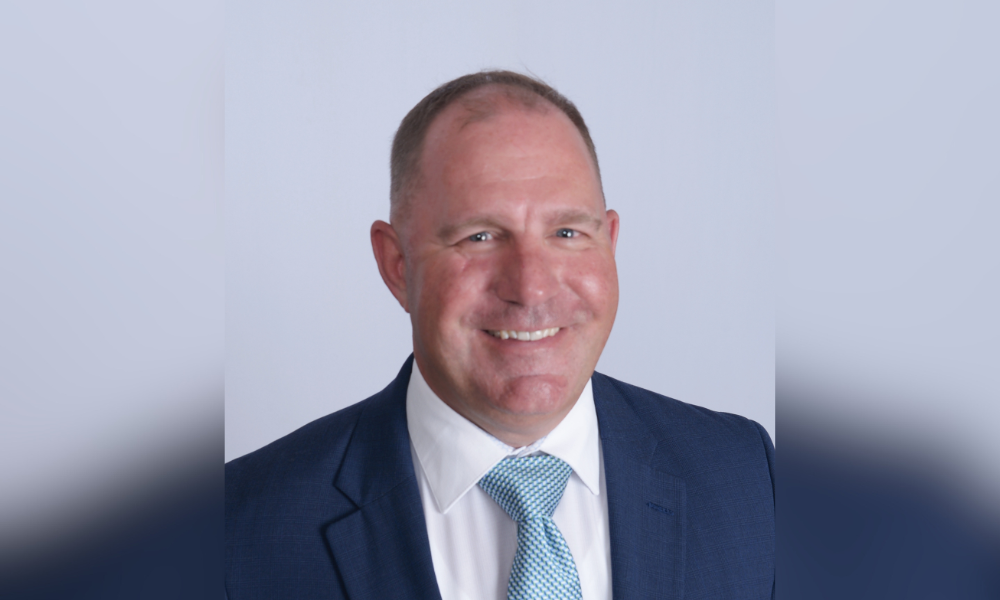

Edward Jones has a new advisor utilizing its technology capabilities and home office support in Albuquerque, New Mexico.
Financial advisor Andrew Furste joins the firm from Charles Schwab where he spent 14 years and managed more than $289 million in client assets. He previously served in the U.S. Military.
"Edward Jones stood out because of its focus on partnering with financial advisors to provide top-notch resources to serve our clients more completely,” said Furste. “From their digital initiatives to virtual business enablement tools, I’m excited for the access I’ll have to the tools that will strengthen my practice and ability to serve clients.”
He is joined by branch office administrator Judy Bruner.
Edward Jones has welcomed several advisors in recent weeks, including a $167 million advisor who returned to the firm having started his career there eight years ago, and one of the firm’s former office administrators who returned having gained experience as a financial advisor at Wells Fargo Advisors.
In its second quarter results, Edward Jones said its overall head count had increased by 42 advisors compared to the previous quarter and had boosted client assets under its care by 14% year-over-year to $1.8 trillion

The leadership changes coming in June, which also include wealth management and digital unit heads, come as the firm pushes to offer more comprehensive services.

Strategist sees relatively little risk of the university losing its tax-exempt status, which could pose opportunity for investors with a "longer time horizon."

As the next generation of investors take their turn, advisors have to strike a fine balance between embracing new technology and building human connections.

IFG works with 550 producing advisors and generates about $325 million in annual revenue, said Dave Fischer, the company's co-founder and chief marketing officer.

Five new RIAs are joining the industry coalition promoting firm-level impact across workforce, client, community and environmental goals.
RIAs face rising regulatory pressure in 2025. Forward-looking firms are responding with embedded technology, not more paperwork.
As inheritances are set to reshape client portfolios and next-gen heirs demand digital-first experiences, firms are retooling their wealth tech stacks and succession models in real time.
